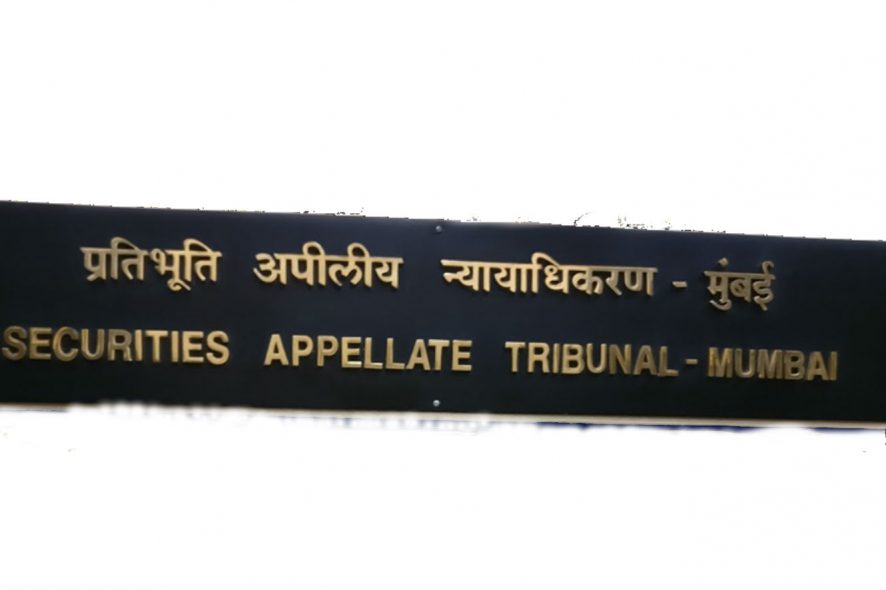Securities Appellate Tribunal: The Coram of Tarun Aggarwal (Presiding Officer), C.K.G Nair (Member) and M.T. Joshi (Judicial Officer) dismissed the appeal of the appellant and upheld the impugned order by SEBI.
The facts leading to the filing of the present appeal are that the appellant is a public limited company in which 93.56% of the shares are held by the promoters Mawana Sugars Limited and the balance 6.44% is held by approximately 20,000 public shareholders.
In 2010 Securities Contracts (Regulations) Rules were amended and Rule 19A was incorporated which reads as under:-
Every listed company (other than public sector Company) shall maintain public shareholding of at least twenty-five percent.
Provided that any listed company which has public shareholding below twenty-five percent on the commencement of the Securities Contracts (Regulations)(Amendment) Rules, 2010 (SCRR), shall increase its public shareholding to at least twenty five percent, within a period of three years from the date of such commencement, in the manner specified by the Securities and Exchange Board of India.
Following the amendment, the appellant was required to increase its minimum public shareholding to at least twenty five percent of the paid-up equity capital within a prescribed period of three years.
For the purpose of achieving the minimum public shareholding requirement of twenty-five percent, the respondent came out with a circular in December 2010 which provided the following methods for complying with the minimum public shareholding requirement, namely:
- Issuance of shares to the public through the prospectus.
- Offer for sale of shares held by promoters to public through prospectus.
- Sale of shares held by promoters through the secondary market i.e. through Stock Exchange.
The aforesaid circular was again modified by circular in August 2012. The appellant continued to do nothing to achieve the minimum public shareholding requirement in the manner prescribed by SEBI. The appellant made a representation in May and June 2013 praying that they may be allowed to sell their shares in off-market to one investor (unconnected person) in order to achieve the minimum public shareholding requirement. This representation was rejected by the respondent by its order in August 2014.
Thereafter the respondent continued issuing circulars in January 2015 and in February 2018, but again to no avail by the appellant.
The appellant did not choose any of the methods and eventually in January 2020 made an application contending that it was not possible to comply with the said circulars and therefore requested to be allowed to sell the shares in the open market without issuing prospectus at a negotiated price to an interested investor. The respondent by the impugned order in June 2020 rejected the appellant’s request to adopt a method other than the method provided in the circular.
On perusal of the facts, the Tribunal came to the conclusion that the appellant held on to its shareholding of 93.56% since 1997 and no effort was made since 2010 despite being given a timeline of three years and additional circulars by SEBI to comply with the minimum public shareholding requirement.
The Tribunal reprimanded the appellant and stated that intention to sell their shares at a negotiated price to an interested investor is an eyewash since there would no meaningful transfer of shares to the public. Further, it was emphasised that the underpinning reason behind such provision was that with a large number of shareholders there is less scope of price manipulation and further provides liquidity to the investors and helps in the discovery of fair price. [Siel Financial Services Limited v. SEBI, 2020 SCC OnLine SAT 98, decided on 03-08-2020]







